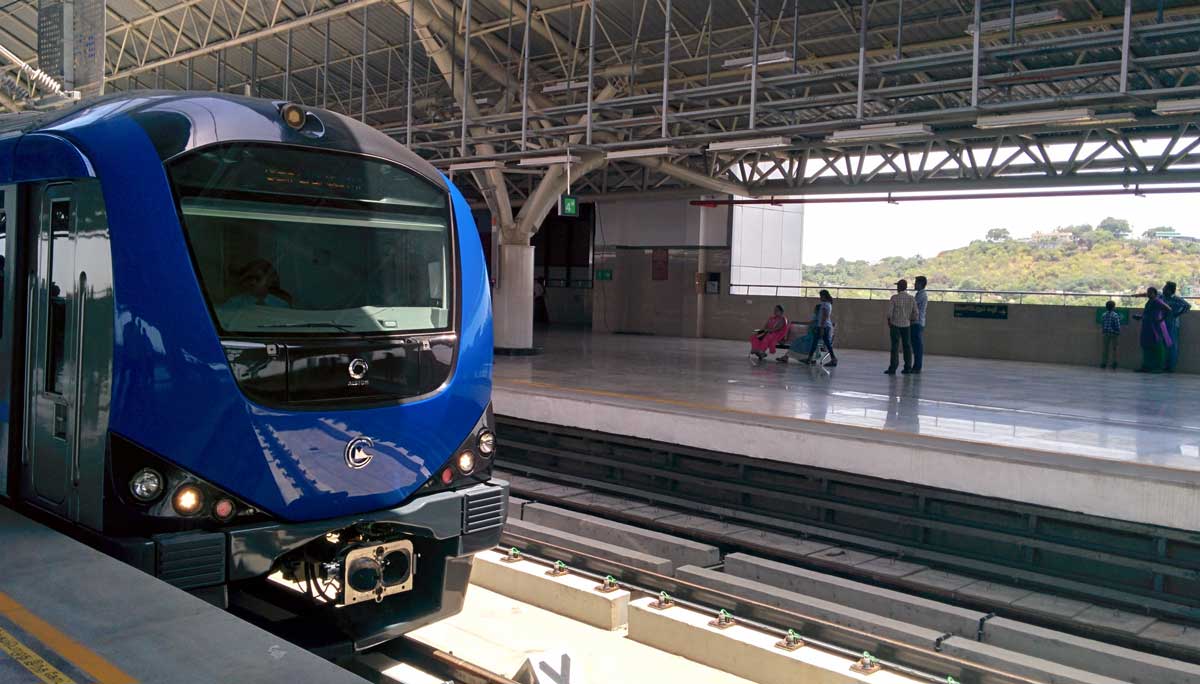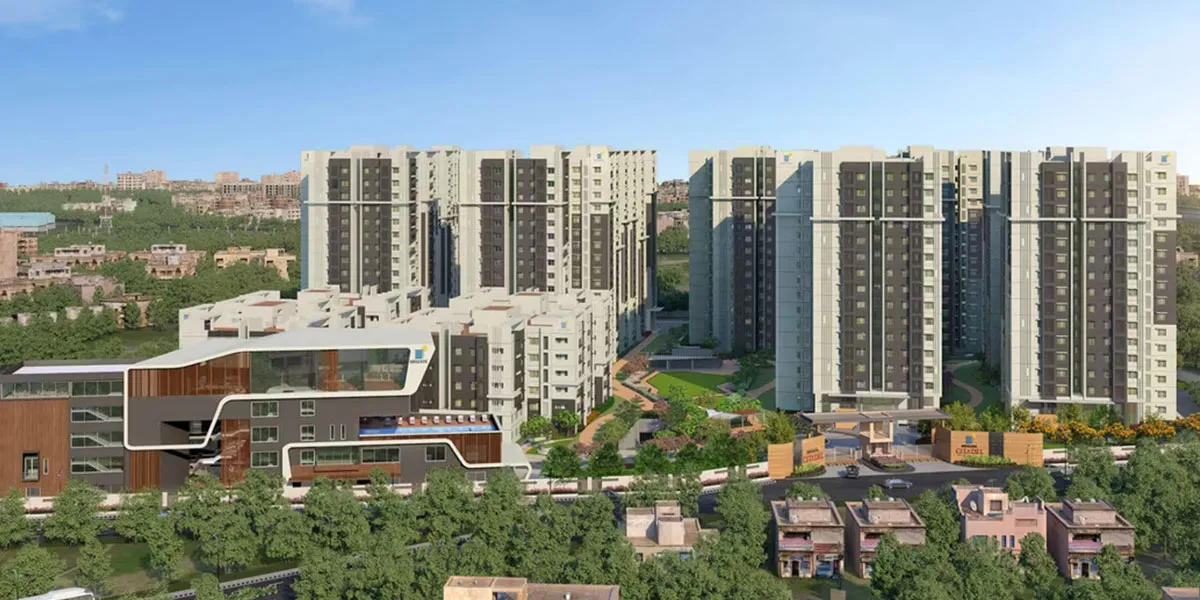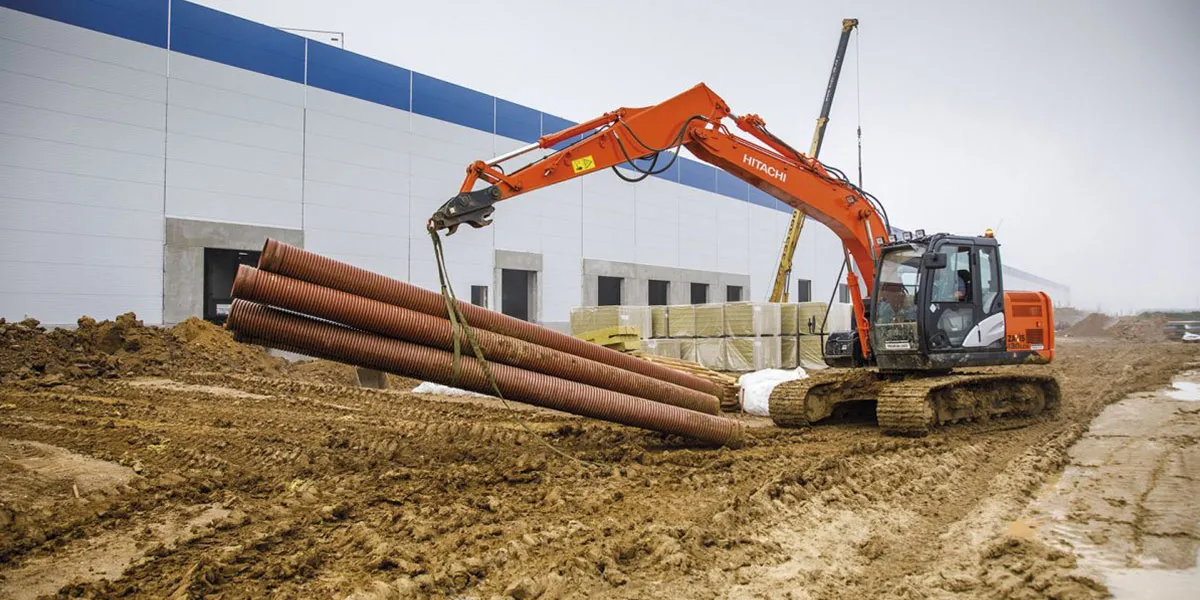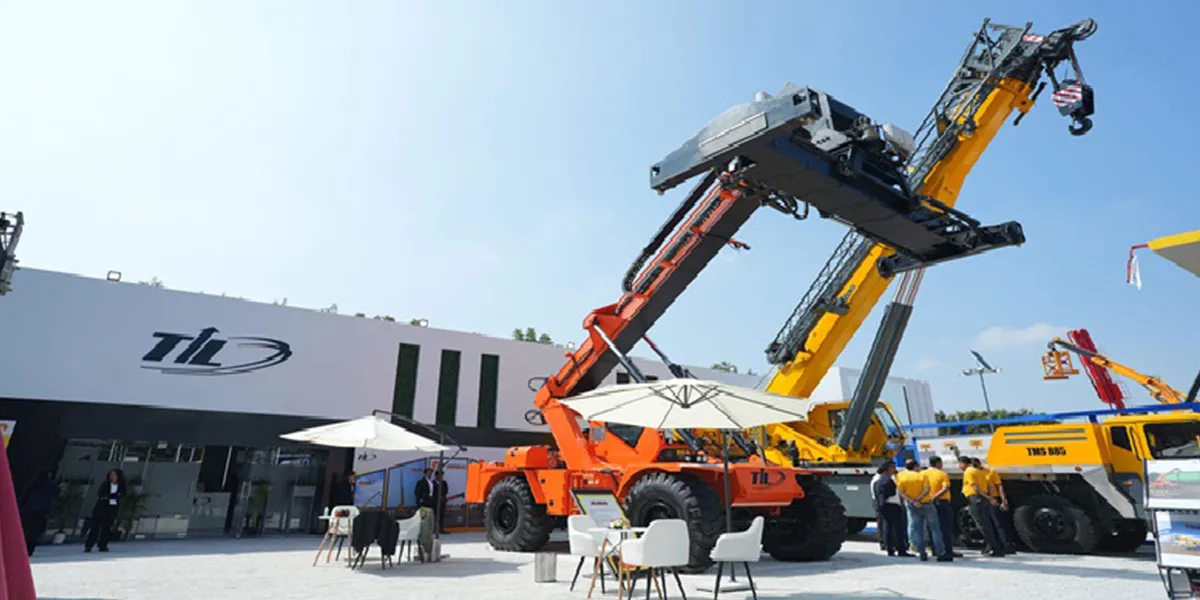
Chennai Metro Rail: Upgraded Phase I stations, additional trains

Sumadhura To Invest Rs 6,000 Million In Telangana Industrial Park
Sumadhura Group, one of South India’s leading real estate developers, has signed a memorandum of understanding with the Government of Telangana at the Telangana Rising Global Summit 2025, held at Bharat Future City. The agreement aligns with the state’s long-term vision to become a USD 3 trillion economy by 2047 through sustained investment in manufacturing, infrastructure, logistics and advanced industries. Under the MoU, Sumadhura Group will invest Rs 6,000 million over a two-year period to develop a 100-acre Grade A+ Industrial Park in Telangana. The project is aimed at attracting glob..

Liebherr Dozers Power MXGP Latvia Track Preparation
Liebherr’s PR 716 crawler dozers played a crucial role in the preparation and upkeep of the MXGP of Latvia 2025 track, delivering reliable performance under wet and demanding conditions. With operating weights between 13,300 kg and 15,800 kg and a 97 kW (132 hp) engine, the machines were well suited to reshaping and maintaining the circuit throughout the event. The crawler dozers were instrumental in smoothing the track surface and managing moisture-related challenges, ensuring optimal riding conditions. Advanced features such as precise blade control and efficient fuel consumption helped m..

TIL Unveils Three Indigenous Lifts At EXCON 2025
TIL Limited, India’s material handling and infrastructure equipment manufacturer, has unveiled three fully indigenous products at EXCON 2025, the country’s flagship construction equipment exhibition held at the Bangalore International Exhibition Centre. The launches underscore TIL’s focus on engineering excellence, safety and Make in India manufacturing, as it positions itself as a comprehensive solutions provider for India’s infrastructure growth. EXCON 2025 brings together more than 1,200 exhibitors and thousands of industry professionals, offering a platform for TIL to showcase its..

















